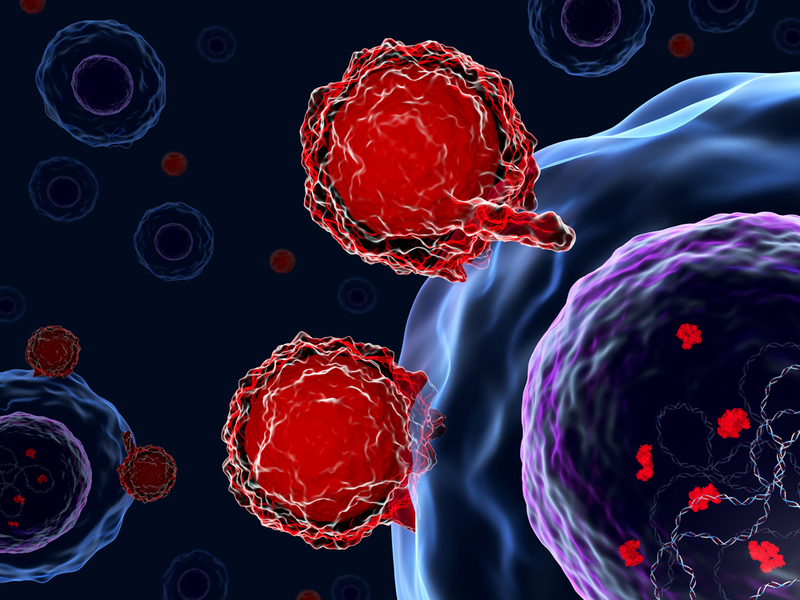Scientists use electric shocks to genetically reprogramme T cells
IANS Jul 14, 2018
In a breakthrough, US scientists have genetically reprogrammed the human immune cells known as T cells with the help of electric shocks, instead of the traditional method of using viruses to insert DNA.

The new method, using CRISPR gene-editing technology, described in the journal Nature, offers a robust molecular "cut and paste" system to rewrite genome sequences in human T cells. It relies on electroporation, a process in which an electrical field is applied to cells to make their membranes temporarily more permeable.
The researchers from the University of California-San Francisco (UCSF), found that when certain quantities of T cells, DNA, and the CRISPR "scissors" are mixed together and then exposed to an appropriate electrical field, the T cells will take in these elements and integrate specified genetic sequences precisely at the site of a CRISPR-programmed cut in the genome.
"This is a rapid, flexible method that can be used to alter, enhance, and reprogramme T cells so we can give them the specificity we want to destroy cancer, recognize infections, or tamp down the excessive immune response seen in autoimmune disease," said Alex Marson, Associate Professor at the UCSF. "Now we're off to the races on all these fronts," he added.
Besides the new technique's speed and ease of use, the approach makes it possible to insert substantial stretches of DNA into T cells, which can endow the cells with powerful new properties as well as pave the way to more precise therapies that could be far more effective in tackling cancer or some other T cell targeted disease.
The team used the novel approach to repair a disease-causing genetic mutation in T cells from children with a rare genetic form of autoimmunity, and also created customized T cells to seek out and kill human melanoma cells. They also used it to create a new T cell therapy for melanoma, successfully testing it in mice. Now they are focusing to experiment it in humans.
-
Exclusive Write-ups & Webinars by KOLs
-
Daily Quiz by specialty
-
Paid Market Research Surveys
-
Case discussions, News & Journals' summaries